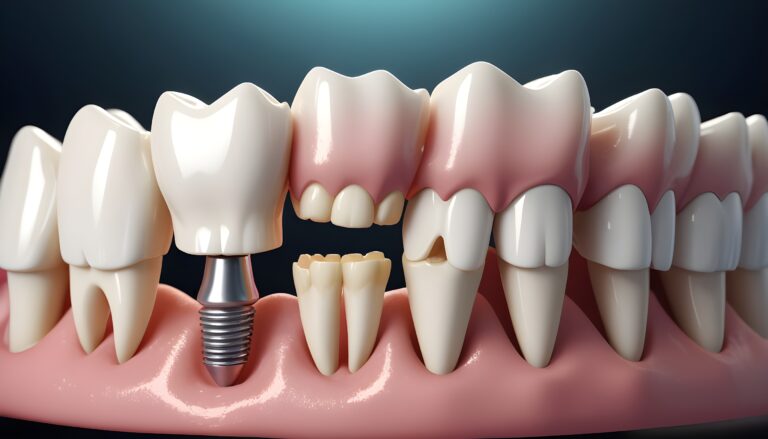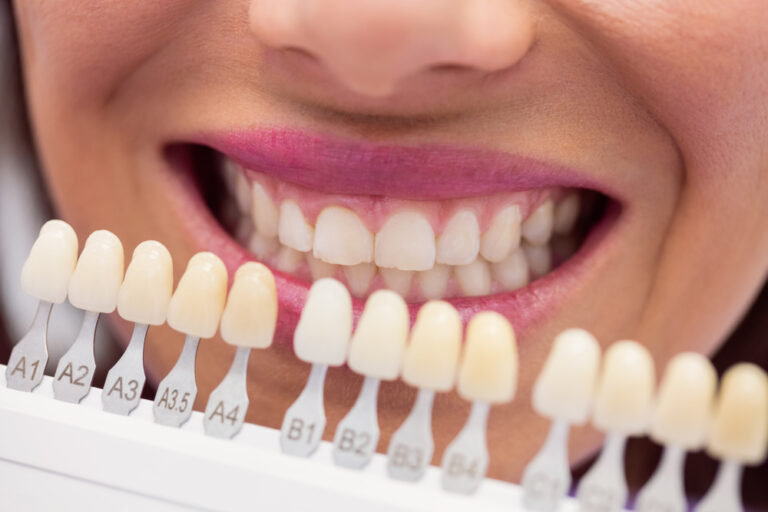When it comes to maintaining good oral health, going to the dentist on a regular basis is absolutely necessary. Having a better understanding of how long does a dentist appointment take for common dental procedures can assist patients in better managing their time and expectations when scheduling appointments.
Importance of Knowing Appointment Lengths
In order to help patients effectively plan their schedules and reduce the anxiety that is associated with uncertainty, it is helpful for patients to have an understanding of the average amount of time required for various dental procedures.
Procedures and Their Average Appointment Lengths
Routine Dental Check-Up
The average duration of a routine dental checkup is somewhere between thirty and sixty minutes. In order to provide preventative care and identify potential dental problems at an early stage, these appointments are absolutely necessary.
Teeth Cleaning
The average duration of a professional teeth cleaning appointment is between thirty and forty-five minutes. Cleanings performed on a regular basis help remove plaque and tartar buildup, which in turn helps prevent gum disease and cavities.
Dental X-Rays
It is possible that dental X-rays will add fifteen to thirty minutes to the total length of your appointment. Cavities, infections, and bone loss are just some of the hidden dental problems that necessitate their diagnosis.
Fillings
Depending on the size of the cavity and its location, the amount of time required for a filling procedure can vary slightly. Around twenty to sixty minutes is the typical amount of time required to finish a filling application.
Root Canal Therapy
Root canal therapy typically requires one to two appointments, with each appointment lasting approximately five hours to two hours. In order to save a tooth that has been severely damaged or completely infected, this procedure is required.
Tooth Extraction
A tooth extraction appointment typically lasts between twenty and sixty minutes on average as a result of the procedure. Recuperation time varies depending on the degree of difficulty of the extraction as well as the individual’s capacity for healing.
Dental Implants
Multiple appointments are required to be scheduled over the course of several months in order to complete the process of getting dental implants. Depending on the degree of difficulty of the task at hand, the duration of each appointment can range anywhere from thirty minutes to several hours.
Factors Affecting Appointment Length
It is possible for a number of factors to determine the length of time that a dental appointment lasts. These factors include the complexity of the procedure, the oral health of the patient, as well as the technique and efficiency of the dentist.
Tips for Efficient Dental Visits
Patients can do the following to make their visits to the dentist more efficient:
- Arrive early in order to finish any paperwork that may be required.
- Maintain an open line of communication with their dentist regarding any concerns or questions they may have.
- To reduce the amount of extensive treatments that are required, it is important to practise good oral hygiene.
- Plan to get regular checkups so that any potential problems can be addressed early on.
FAQs
How often should I schedule a routine dental check-up?
It’s recommended to visit the dentist for a routine check-up every six months.
Are dental X-rays safe?
Yes, dental X-rays are safe when performed with proper precautions, such as using lead aprons to minimise radiation exposure.
Do dental fillings hurt?
With local anaesthesia, patients typically don’t feel pain during a filling procedure. Some may experience mild discomfort or sensitivity afterward.
Is root canal therapy painful?
Modern root canal procedures are relatively painless, thanks to local anaesthesia. Patients may experience some discomfort during recovery, which can be managed with over-the-counter pain relievers.
How long does it take to recover from a tooth extraction?
Recovery from a tooth extraction typically takes a few days to a week. Following post-operative instructions provided by your dentist can help speed up the healing process.
Conclusion
In conclusion, empowering patients with knowledge of typical appointment lengths for common dental procedures can facilitate their ability to take control of their oral health. By understanding the time and how long does a dentist appointment takes, individuals can make informed decisions about their dental care. This awareness enables patients to better plan and manage their schedules, leading to improved adherence to recommended treatments and preventive measures. Ultimately, informed patients are better equipped to engage in discussions with their dentists, contributing to collaborative and personalised dental care experiences that prioritise oral health outcomes.





